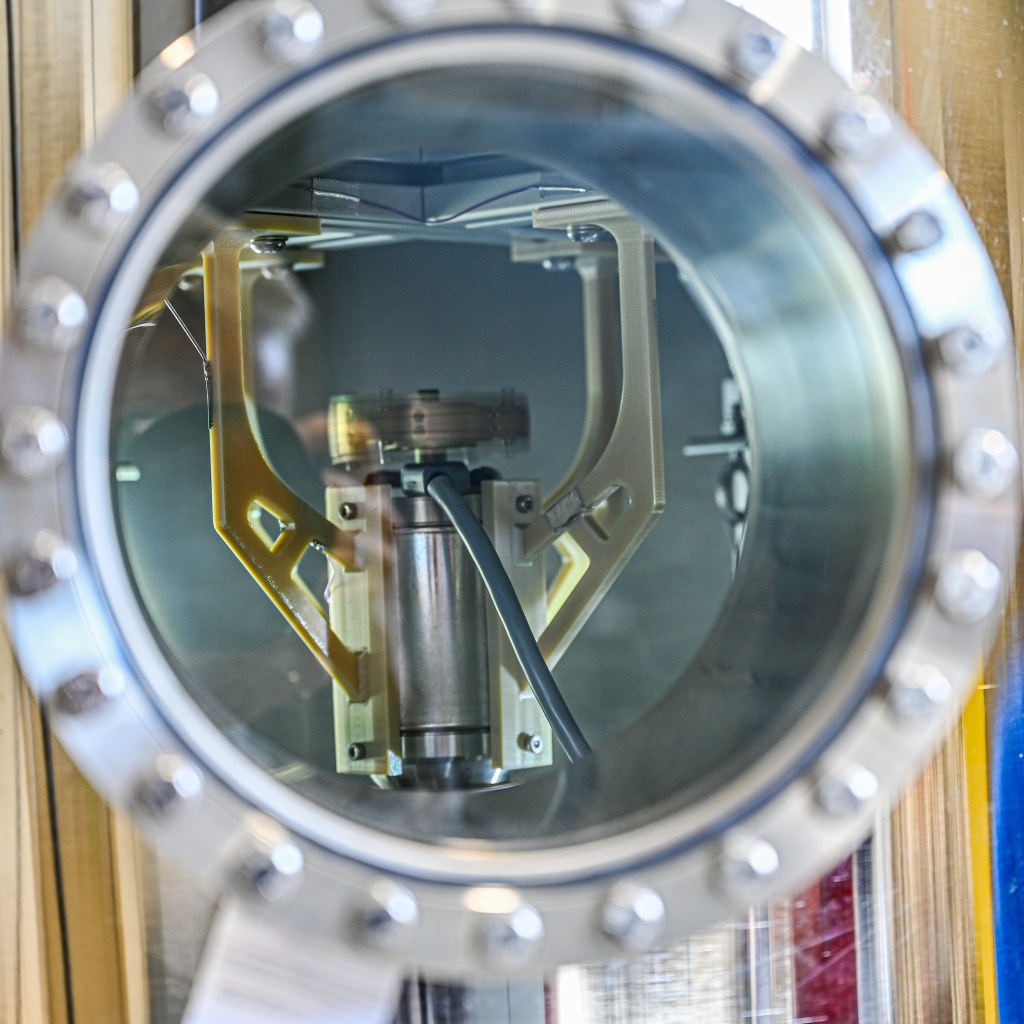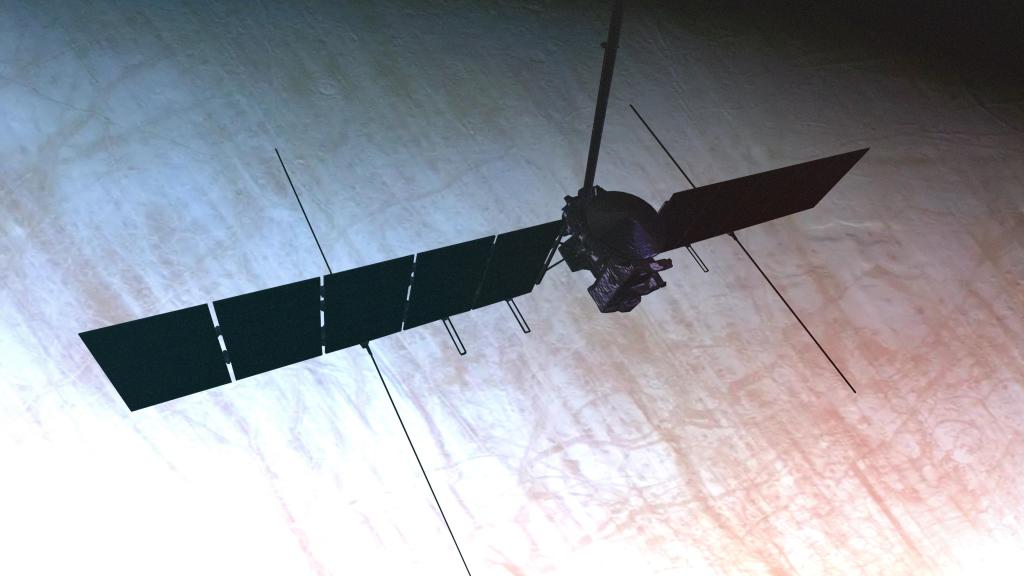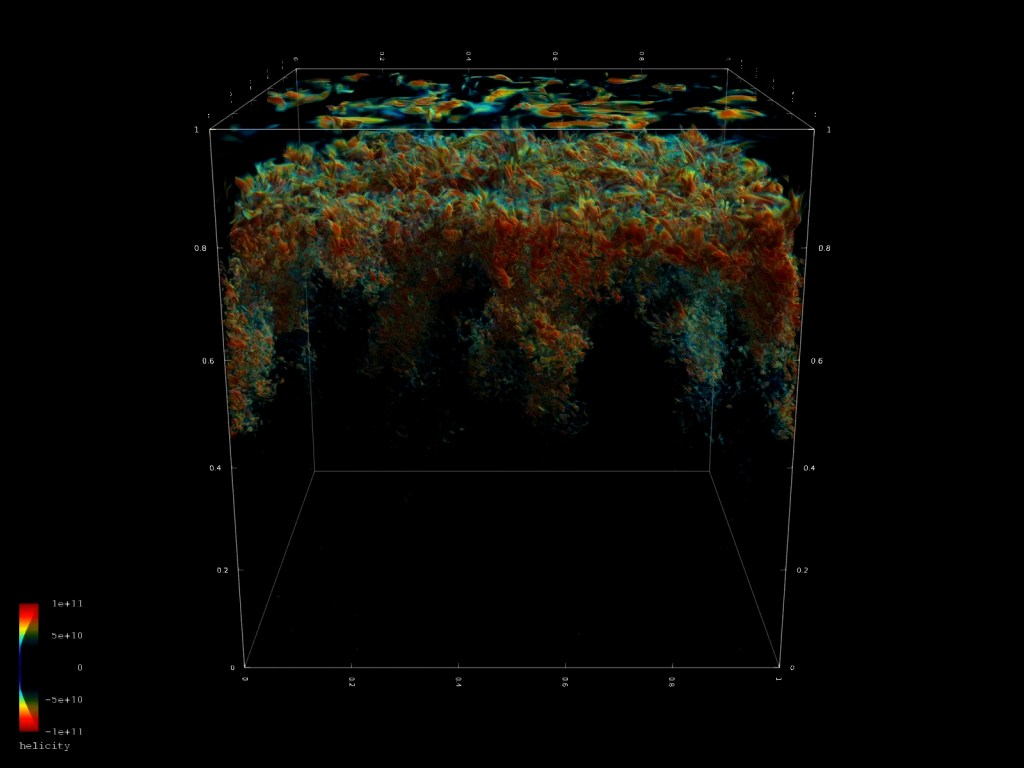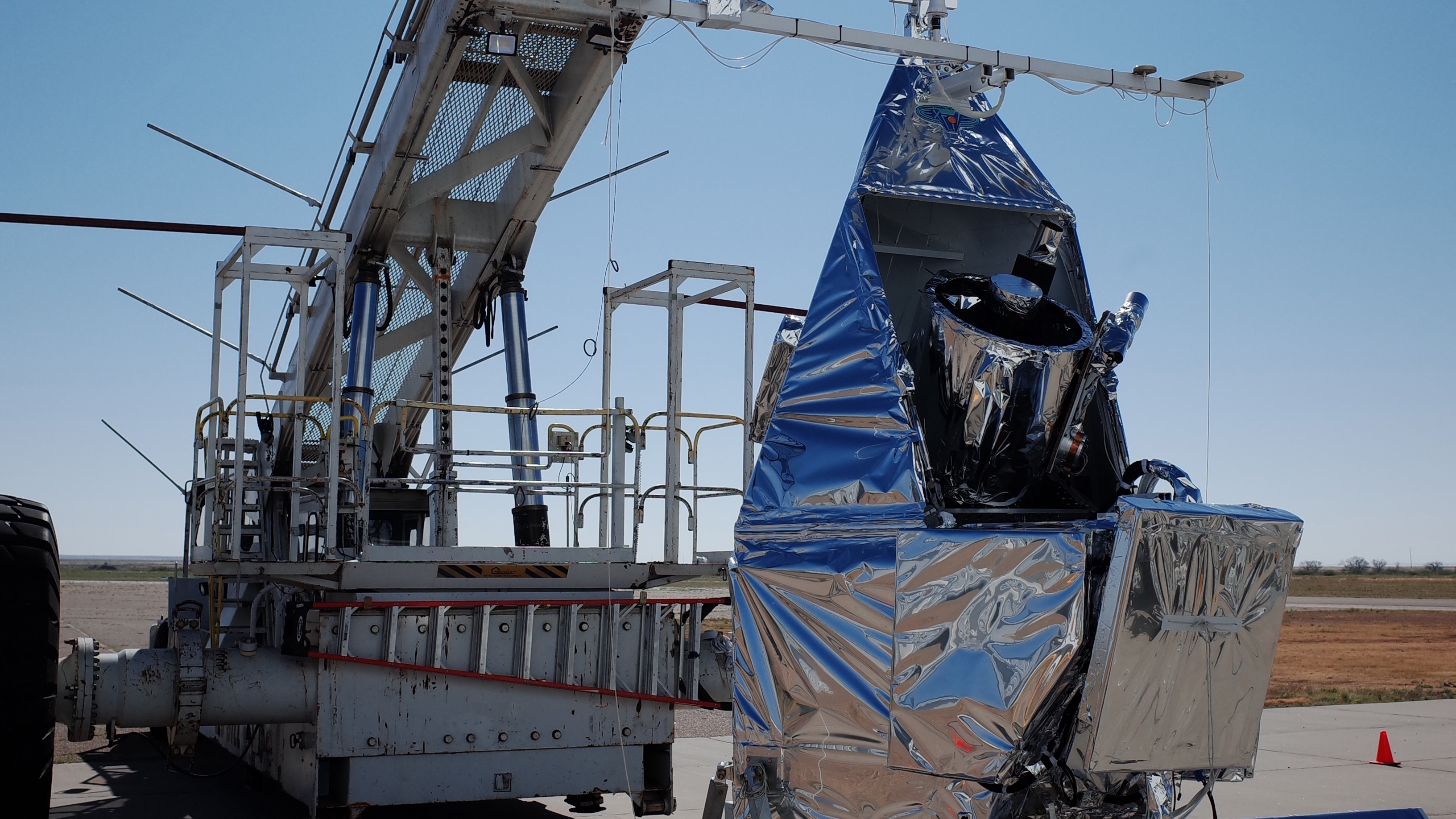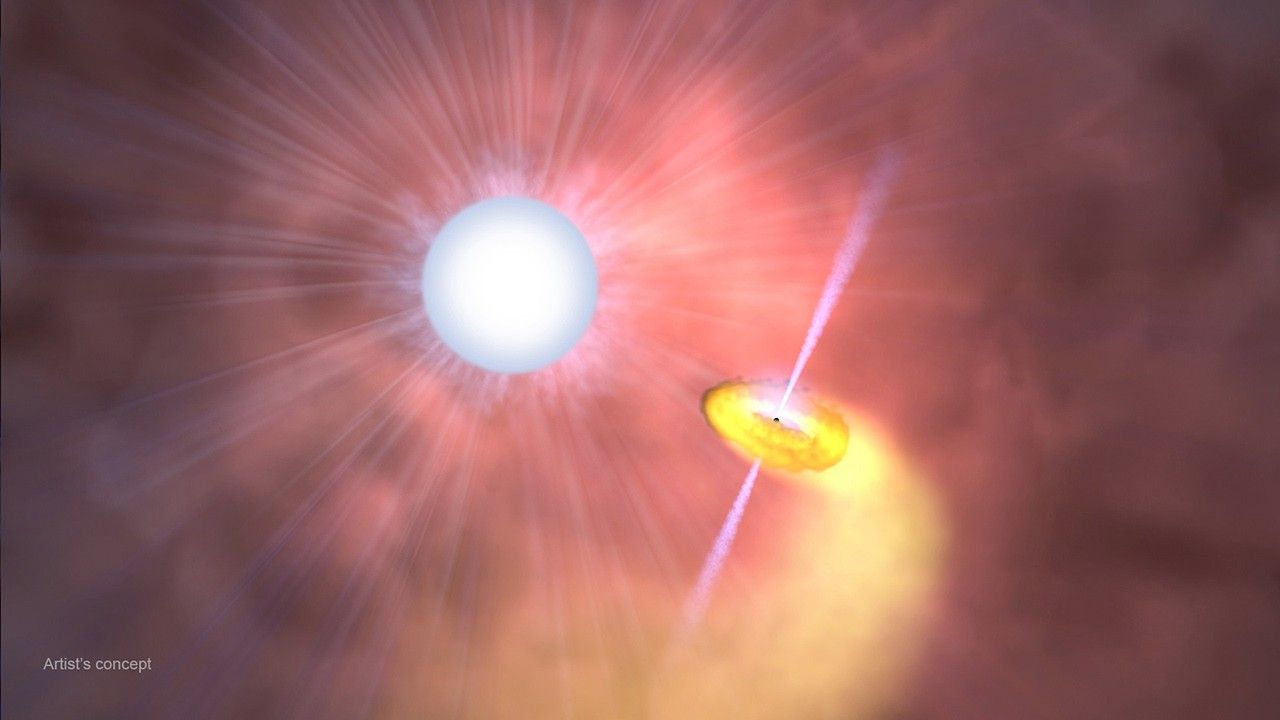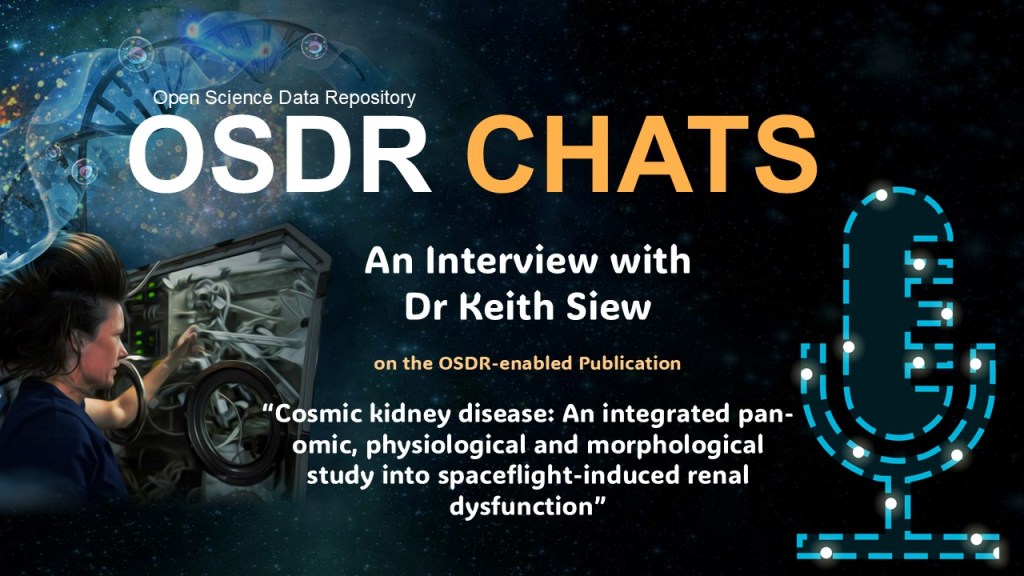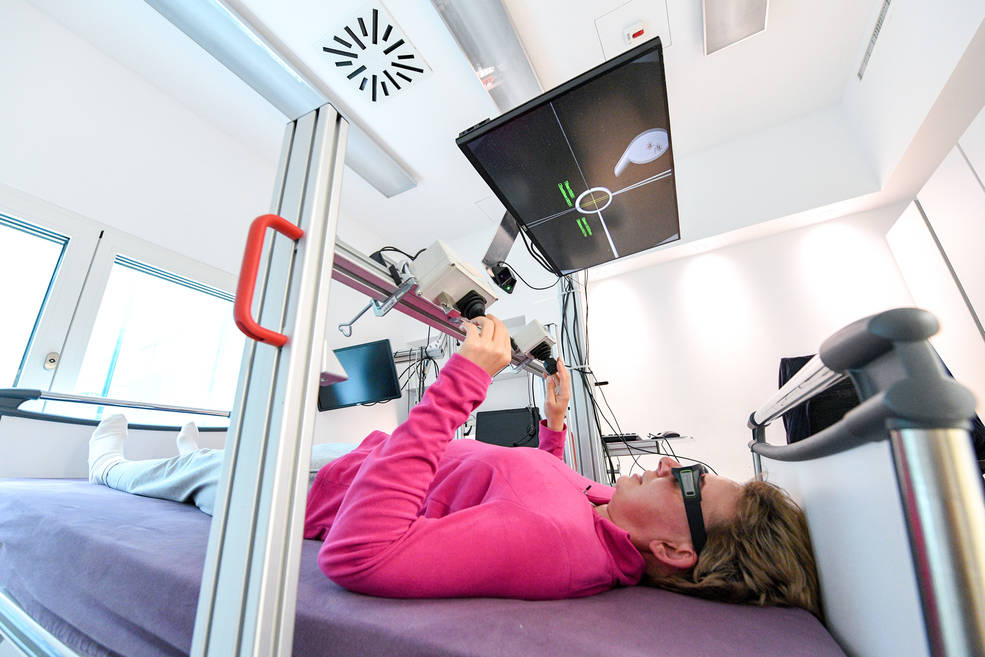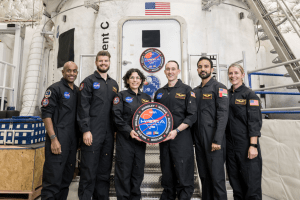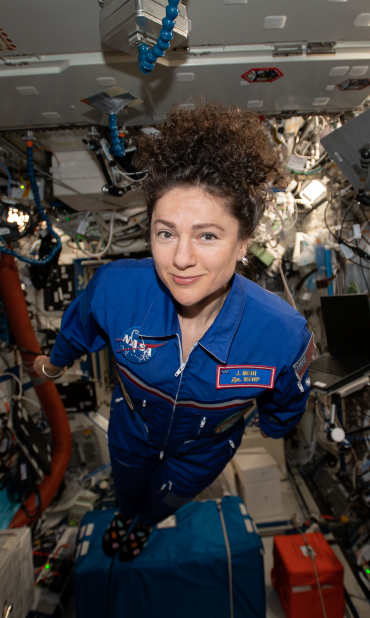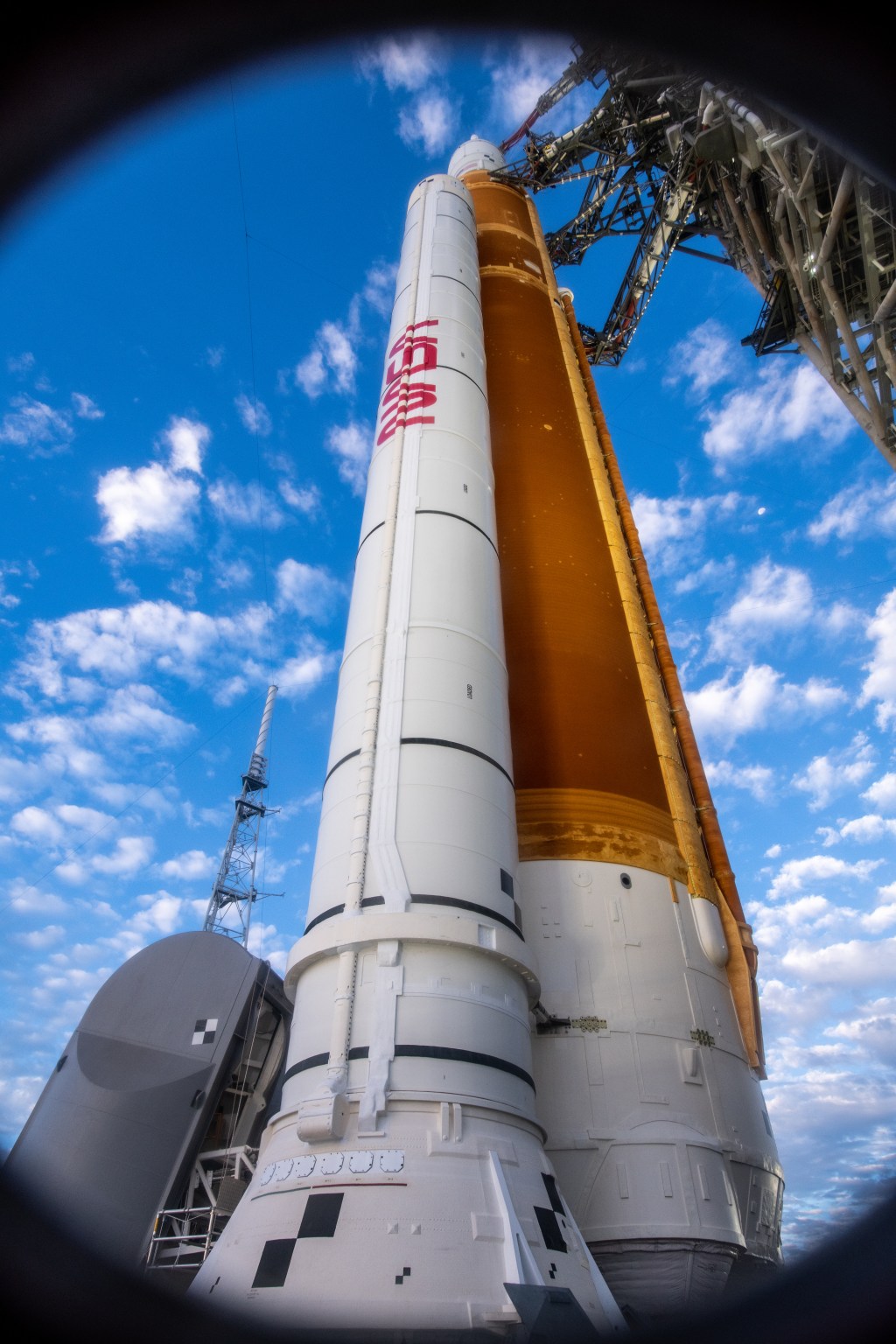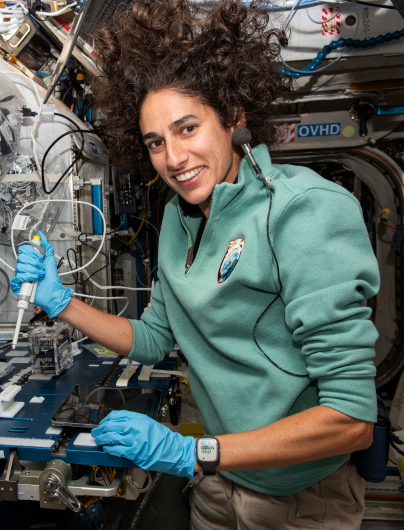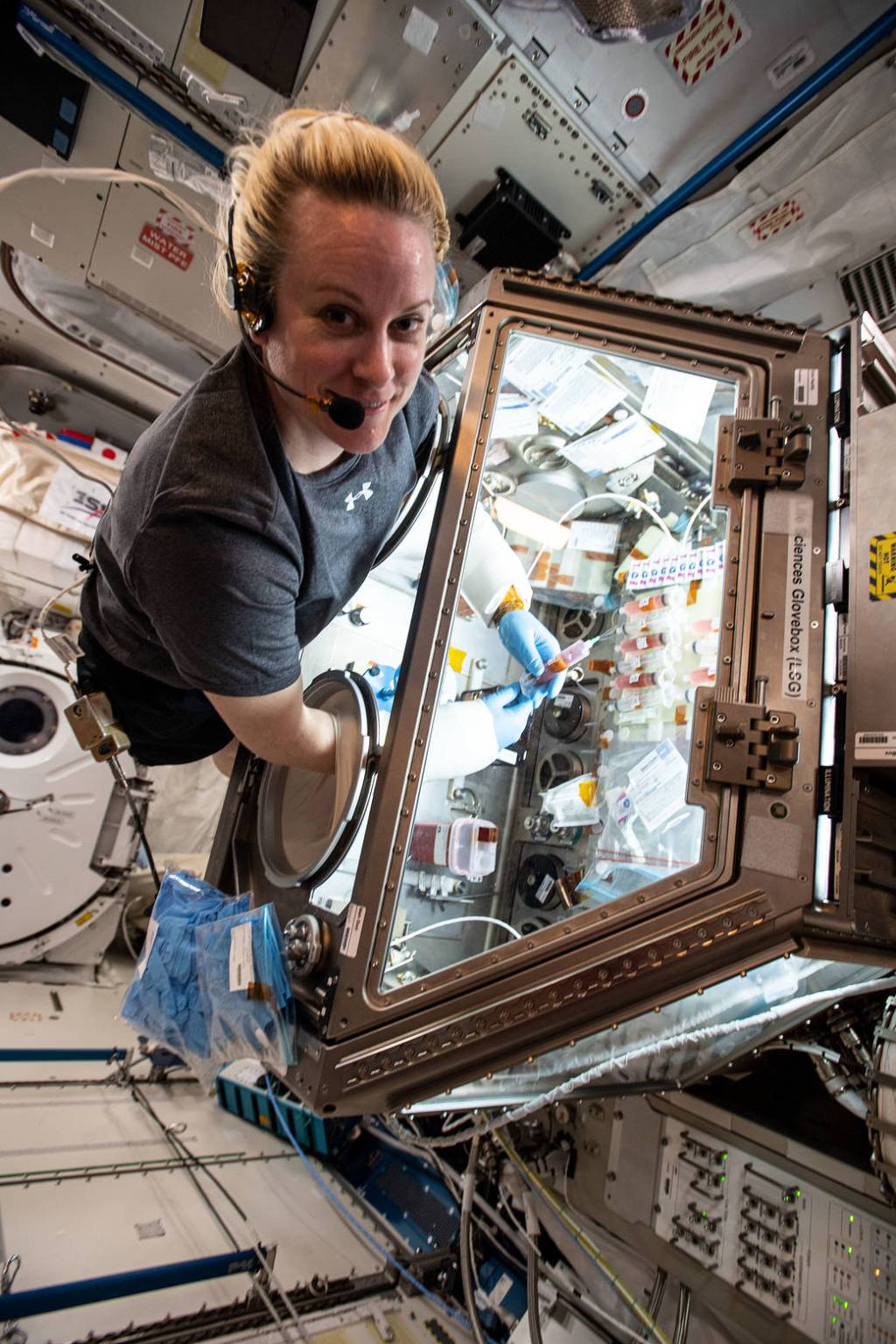What are bed rest studies?
Bed rest studies offer scientists ways to see how the body adapts to weightlessness. Volunteers spend up to 70 days in bed with a six-degree head-down tilt. They must eat, exercise, and even shower in the head-down position. This causes their bodies to adapt as if they were in space. They are continuously monitored to understand how their bodies change and why. Results allow measures to be devised that will help astronauts on space missions as well as bed-ridden people on Earth.
Why does NASA use bed rest studies?
Space travel is expensive and dangerous, but understanding the effects of living in space is critical if we are to send humans to Mars. Without gravity pulling blood flow to the legs, astronaut’s heads fill with fluids resulting in “puffy-head, bird-legs” syndrome. During bed rest studies, researchers study the effects of fluid shifts in participants’ bodies, as well as bone and muscle loss often experienced in weightlessness.
Who takes part?
Bed rest studies often attract people looking for a change who can afford to retreat from everyday life for a few months. Their motivation can be for personal or scientific reasons. Many participants want to do their part to support space travel. If humans ever walk on Mars or live in space for long periods, it is in part, thanks to the bed rest volunteers.
What can you do in bed?
Spending many days in bed might sound great, but most participants agree boredom sets in quickly. Daily routine—showering, getting dressed, eating, exercising—takes a lot of time when you cannot stand up to do them. There is continuous data collection—blood pressure, heart rate, nutrient absorption, energy expenditure, bone mass and even the participants’ mood. Diet is strictly controlled giving participants little choice as to what or when they eat. Participants are encouraged to set a goal such as learning a new language or taking a class online. Family and friends are allowed to visit which can offer a welcomed distraction.






